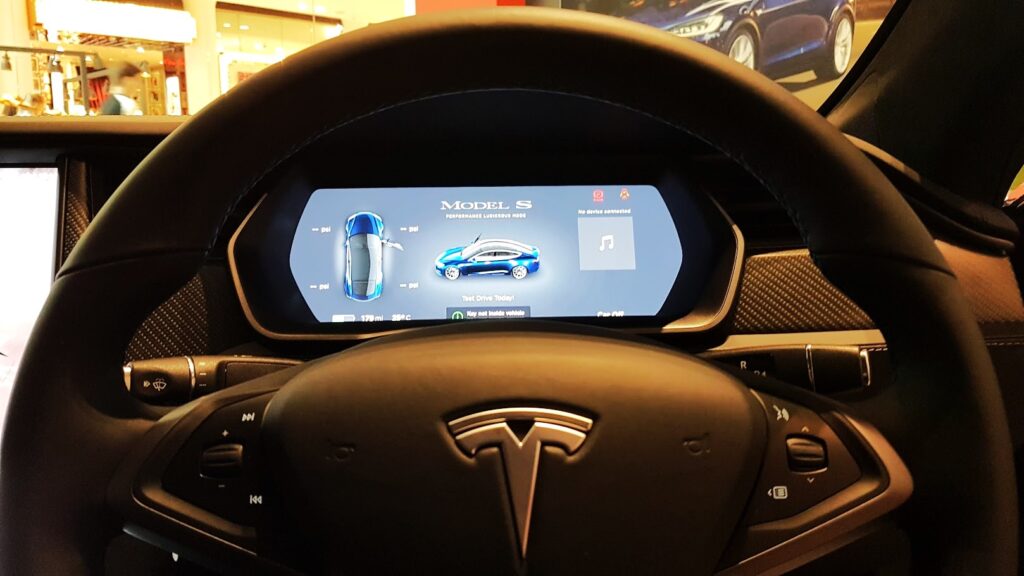Repurposing old electric roadside cabinets for the EV revolution

Driving an electric vehicle. Image (C) Tim Sandle
In the UK, the demand for electric vehicle charging points outstrips availability. This is seen as causing increased hesitation among petrol car drivers who are considering whether or not to make the switch to an electric vehicle (sales of electric cars flatlined in 2023, following a few years of steady growth).
A part solution to this supply and demand issue has been put forwards by British Telecom (BT), the former government communications firm. BT Group’s announcement is that it will repurpose street cabinets traditionally used to house cabling and transform these into electric vehicle (EV) charging units.
If the plans are implemented successfully, this could lead to a network of 60,000 new points. The scheme is being run by the startup Etc, the digital incubation arm of the BT Group.
Etc’s CEO, Tom Guy, sees the new charging network as a “huge step” for the development of EV kerbside charging, and address some of the key barriers to wider EV adoption.
“We are at a critical stage of our journey in tackling a very real customer problem that sits at the heart of our wider purpose to connect for good,” Guy says. “This is a key step in our mission to build products and services right now that work for the future, with positive transformation at the heart.”
Considering the feasibility of the plans is Ashley Tate of Allstar Chargepass UK. Tate has a vested interest in pushing further the availability of vehicle charging stations.
Tate is a strong advocate for the BT plans, seeing it as a necessary step to promote the electric car agenda: “BT Group recently announced it will repurpose street cabinets, traditionally used to store broadband and phone cabling, and convert them into electric vehicle (EV) charging points. As a society, sustainability is rapidly moving up the agenda for the good of the planet and for the future of everyone involved.”
Tate sees the plans as important, noting: “In this context, the news is a great example of harnessing existing materials and street furniture, while minimising the need of new hardware, all to advance the electric future for the UK.”
Tate also considers the changes in the context of growth: “With increasing consumer demand and the greater availability of EVs (there are now more than 975,000 fully electric cars on UK roads), the challenge lies in not only increasing the amount of charge points but also access to them.”
Connecting his to his own activities, Tate extends the forthcoming availability of electric ar charging stations: “Our goal at Allstar is to grow our network beyond the current 14,000 charge point figure to 30,000 by the end of 2024, to further enable our customers to recharge simply, reducing any threat of range anxiety for vehicles on the road.”
Tate outlines his strategy to achieving this considerably greater expansion of electric charging points: “We’ve already partnered with some of the leading charge point operators in the country, such as GRIDSERVE and InstaVolt, unique for their electric forecourts and EV hubs – these sights are a necessity for the electric future of the UK. Finding other ways to utilise existing street furniture on the UK’s roads will also help the nation hit sustainability targets, reassure EV drivers that they’re never far from a charge point and accelerate the movement.”
Repurposing old electric roadside cabinets for the EV revolution
#Repurposing #electric #roadside #cabinets #revolution





